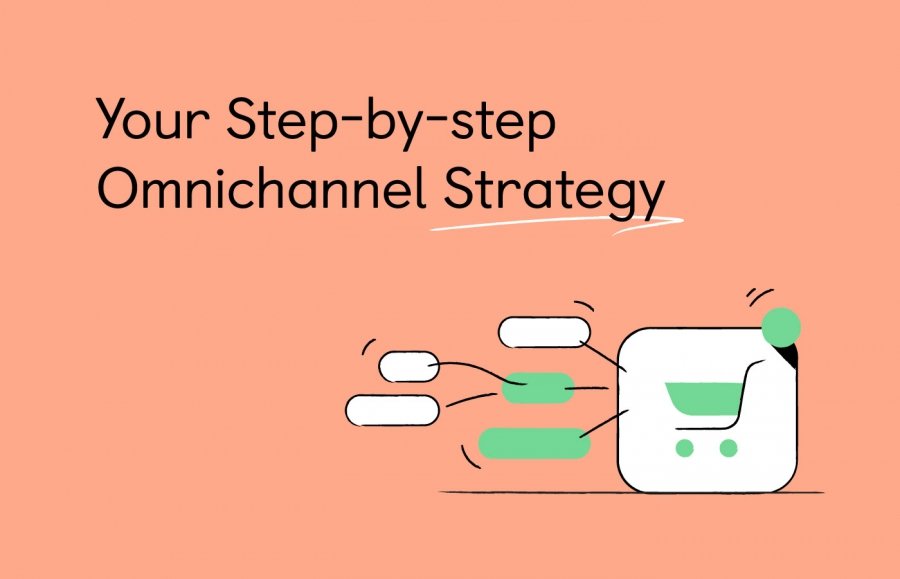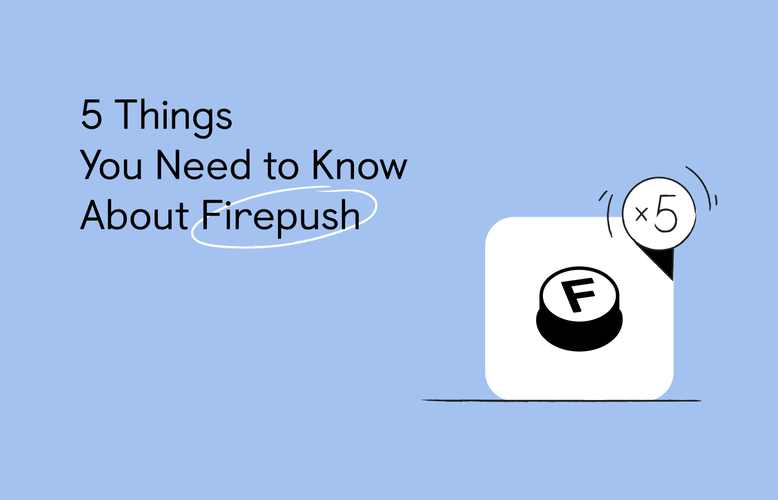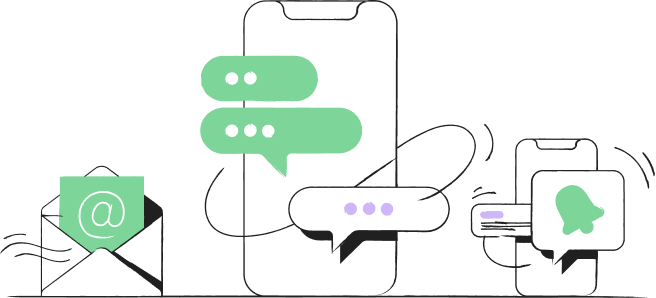
Navigation menu
Many Shopify stores rely on Facebook or Google Ads to increase their traffic. Some recognize the value of venturing into other areas, such as influencer marketing or working on their SEO. All of these channels are great. But are they all equally valuable to you?
Get a FREE consultation to find right marketing strategy for you
Book my demoSixads collected the data from over 60,000 Shopify stores to see what are the main traffic channels entrepreneurs are using to bring in customers.

Image source: sixads.net

Image source: sixads.net
However, getting traffic coming into your store is just a first step. To succeed, you need to follow a full marketing funnel approach. In this blog post, we’ll briefly explain how to do it so that you could turn your Shopify traffic into sales.
What is a full marketing funnel and why is it important
There are many slightly different versions of how a marketing funnel looks, but the image below sums it up pretty nicely.
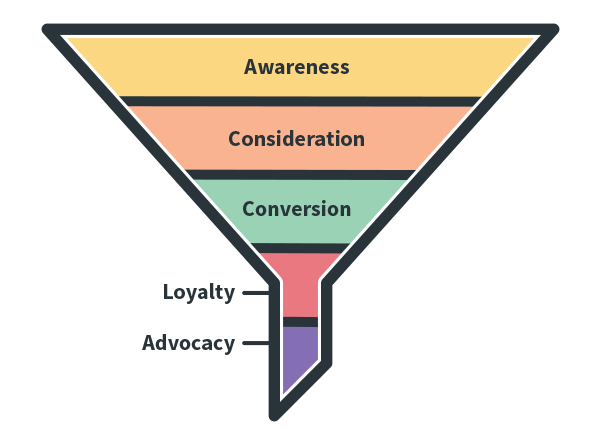
Image source: sproutsocial.com
The general idea behind a full marketing funnel is this:
- You attract the right people through ads, content that ranks well on Google, influencer marketing, or any other means, and make them aware of your existence (awareness).
- Then, these people begin exploring your products and services and start comparing you against your competitors (consideration).
- And then, hopefully, your website visitors buy from you (conversion).
- In the ideal case, a part of those people become your regular customers (loyalty) and start spreading word of mouth about your products (advocacy).
The best thing about using the marketing funnel is that it’s measurable and can help you improve your sales.
Once you have the right analytics and tracking set up for your Shopify store (e.g. Google Analytics or Facebook pixel), you can see which parts of your funnel work well. You can also see where you are losing potential customers and make improvements.
For example, maybe you close quite a few sales, but you barely get repeat purchases (your clients don’t get to the loyalty part of the funnel)? Then it’s a signal you should be working on your loyalty program, or use push notifications or collect emails to offer discounts and upsell.
We’ve got the basics covered. Now let’s see how you can make the marketing funnel work for you step by step.
1. Awareness: attract visitors in the right way
It’s as simple as that: if you want to get more customers, then you need to attract the right visitors. Here are a few tips on how to do that.
Have a unified Facebook and Google Ads strategy
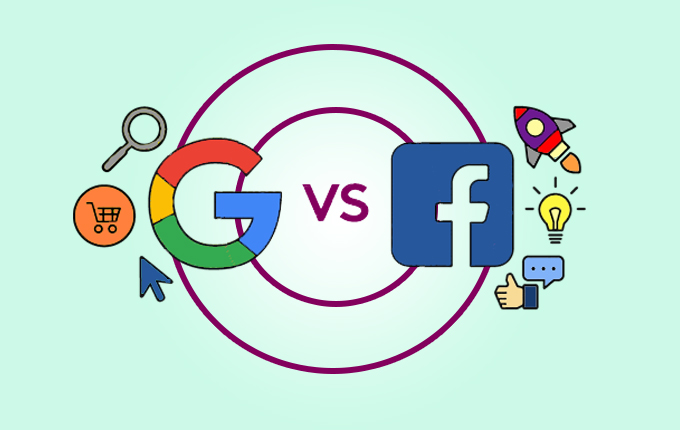
Image source: lyfemarketing.com
Many Shopify store owners use ads to draw in more website visitors - it’s nothing new. But not so many of those store owners do it well. Most of them just run Facebook and Google ads separately.
However, you should be thinking of how Facebook and Google can complement each other for improving your brand awareness.
For instance, target the right audience with your Facebook ads. The people you reach will probably not buy right away, but instead will look your brand up on Google. Be ready to be found. Make sure your ads on Google have the same selling message you had on Facebook to be recognized quicker.
Improve your organic traffic
While it may be harder for online stores to rank organically for anything other than their branded keywords, it’s still worth working on. Content marketing is more important than ever these days, so if you want to have a strong brand presence, you should be thinking about a blog, a YouTube channel, or some other means to offer useful advice in your niche.
For instance, say you’re selling beauty products. Research what your audience is looking for on Google and write articles about those topics. If you produce content that is useful to your potential customers, you will not only form a loyal following, but will also increase your organic rankings, and drive more quality traffic to your website.
Maintain your brand identity
If you have a laidback social media page but a no-nonsense email newsletter, this could leave your potential customers confused. You don’t want that.
Your style and messaging across different channels need to be consistent. Look through your website and ads, and adjust them if needed, so they all follow the same branding.
Being recognizable matters because of the Rule of 7: customers usually see a brand seven times before purchasing something from it. Make sure your potential customers form a unified view of your brand so they will eventually make that purchase.
2. Consideration & Conversion: turn visitors into customers
Once you have the visitors coming into your Shopify store, you need to get them interested in what you’re selling. Here are some tips to help you accomplish that.
Work on your website. Really.
It’s not just about using a beautiful design template for your online store - it’s about making it work!
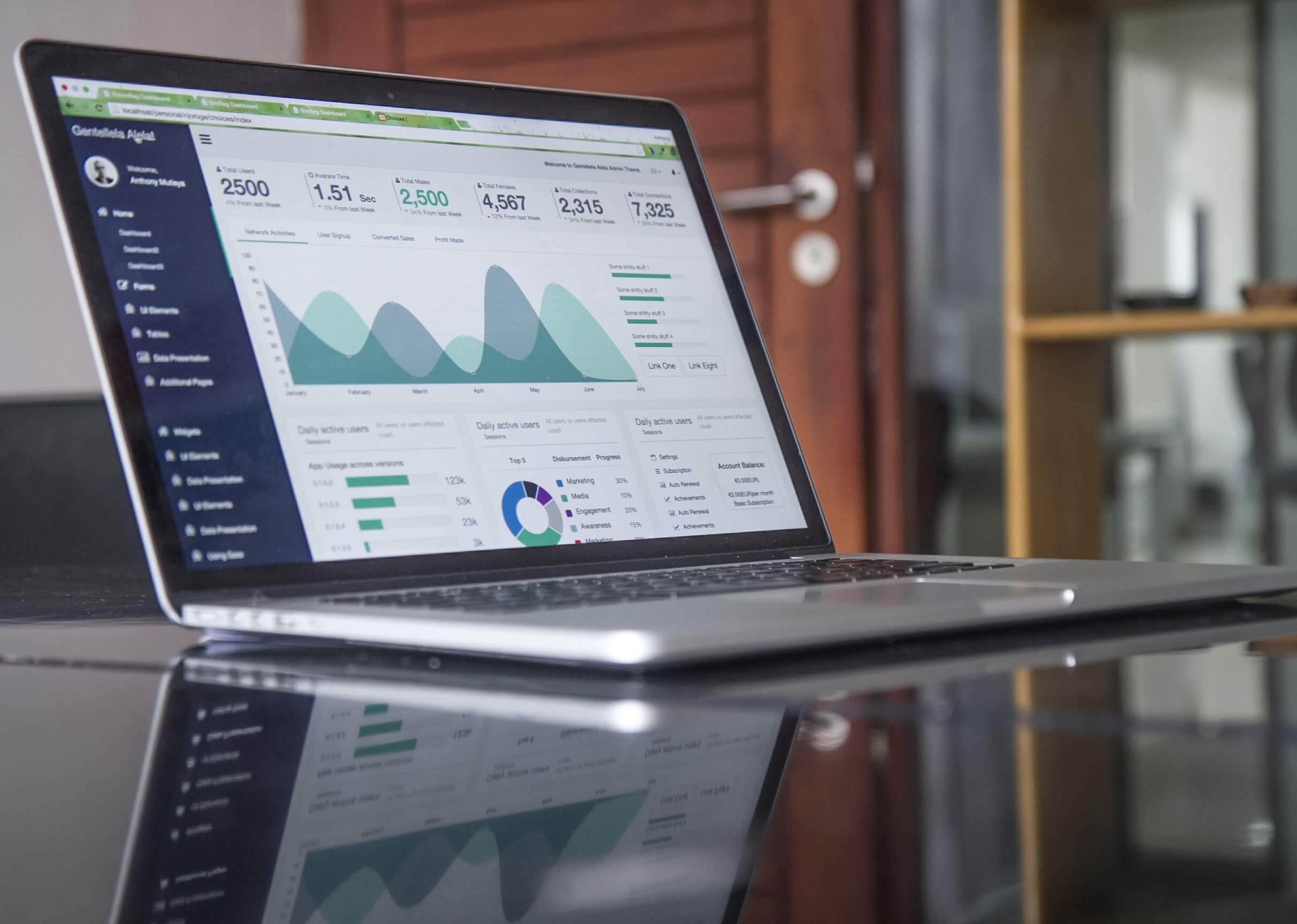
Image source: unsplash
Always have an eye on your Google Analytics. Look for pages that drive the most traffic and make sure they shine. Use tools like Hotjar to see how your website visitors are behaving on your store and make the necessary improvements. Sometimes even the slightest change on a call-to-action button can make a huge difference.
Here are some questions you can ask yourself to help you guide through your website changes.
- What makes the experience inconvenient for my customers?
- What concerns do they have as an online shopper?
- How can I change my website to make it more inviting and appealing?
Use authentic product pictures. Polish your product descriptions according to the best performing ad texts. Test different product descriptions. Update social proof. Always look for ways to improve, innovate, and update your website.
Have micro-goals
As you probably know, not every visit to your online store results in a sale. But that doesn’t mean it can’t have any value! You simply need to divide the path that leads to making a purchase into smaller steps. This is where micro-goals step in.
Micro goals can be actions like “product page view”, “add to cart”, or “subscribe to newsletter”. Once you define them, track them, and use them to move your potential customers down the funnel. For instance, you can send abandoned cart push notifications to remind your visitors of the items they were planning to buy but didn’t complete that purchase.
Offer excellent customer support
Over 80% of customers see customer service as a significant part of their purchase decisions. Make sure that you put extra effort into your customer service.
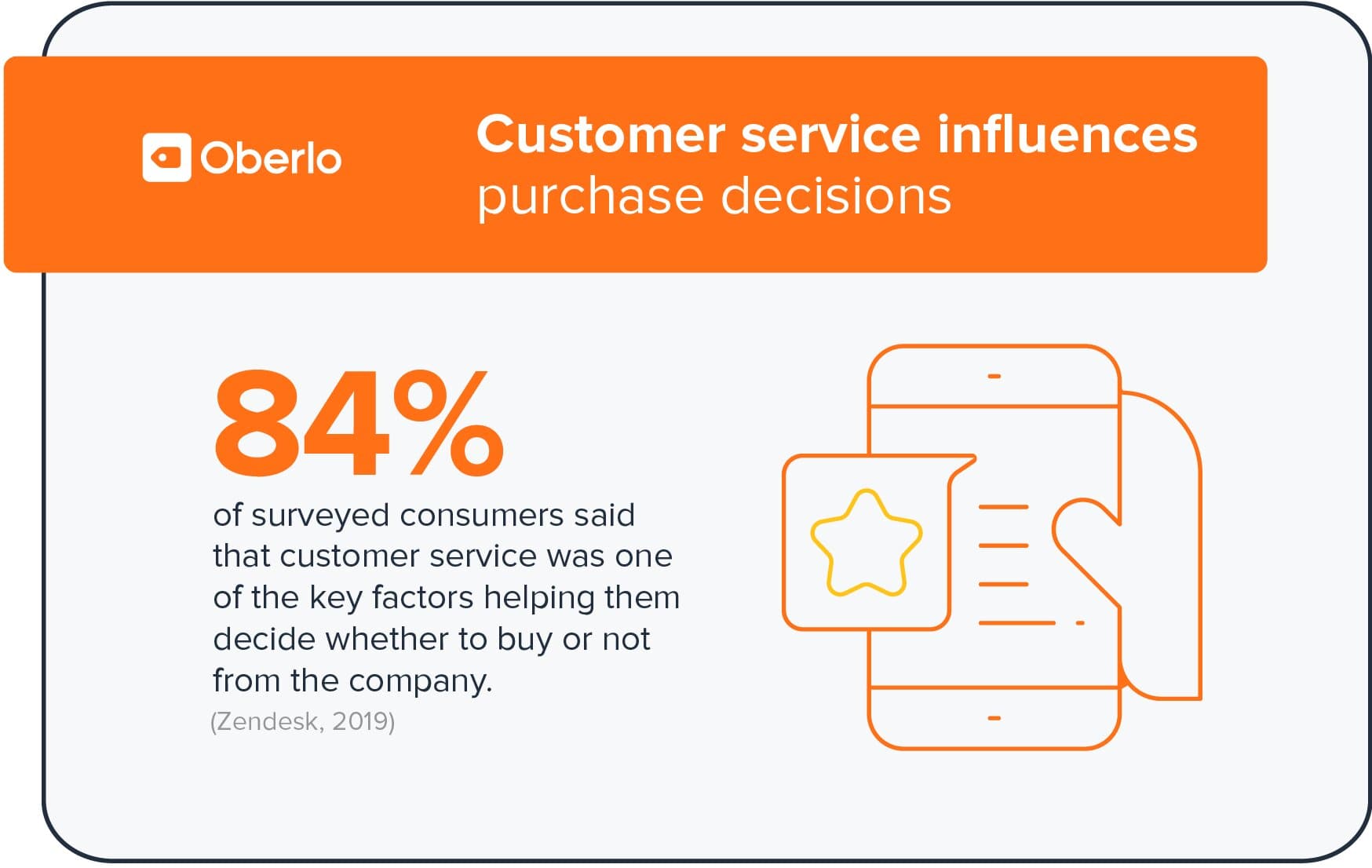
Image source: oberlo.com
Here are some ideas on how to keep your customer service flawless:
- Minimize wait times for customer service lines, phone calls, etc.
- Collect all criticism that customers mention so that you can improve your business.
- Train all of your employees on customer service so that they can fully represent your business.
Also, don’t forget the little things like having pop up live chat windows when your store’s visitors are checking your products. A doubt cleared out in time will literally pay off!
3. Loyalty & Advocacy: make your customers stay
It’s cheaper to retain your current customers than to get new ones. And, as every entrepreneur knows, it’s always more convincing when other people are saying good things about your brand than when you do it yourself. But how to achieve those things?
Here are some ways to help you build loyal customers that spread good word about your brand.
Upsell what matters
Continue to interact with your customers after they make a purchase. But do it wisely - don’t just send them random discounts. Instead, use the insights you gathered about them to target them again with a personal offer that relates to their past purchase.
Get personal
It’s pretty straightforward - customers prefer brands that personalize their marketing messages.
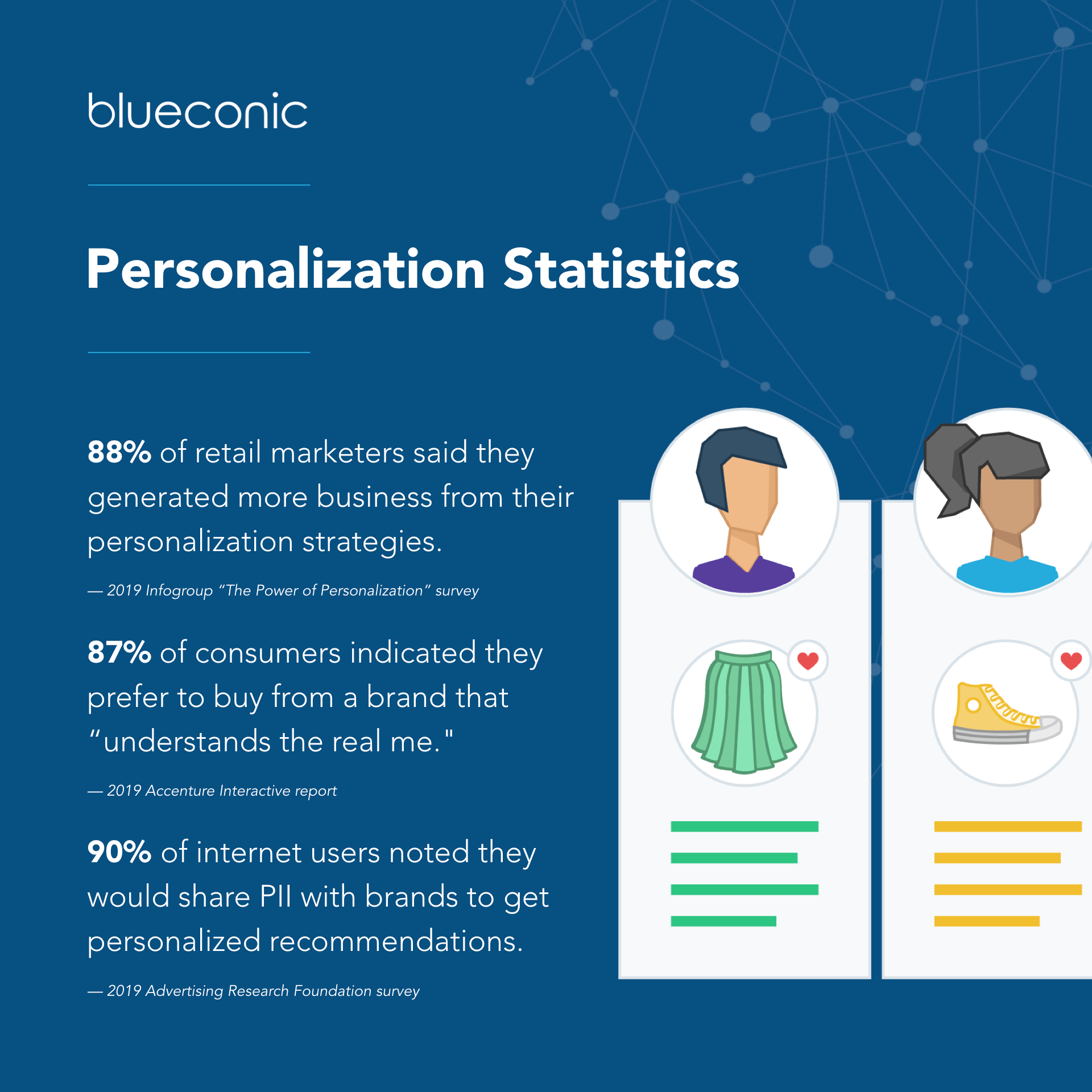
Image source: blueconic.com
You can provide personalization in a variety of ways, for example:
- Add customer names to the start of emails and messages.
- Send them special deals and offers on their birthdays.
Continue to offer new information, deals, and updates to your customers. As you do so, find different ways to personalize them so that your customers could feel appreciated.
Send surveys
Surveys play a large role in improving businesses. They give you a chance to see what your business customers like and what they would like you to change.
Say, you want to improve your product page. These are some of the questions you could ask in a survey:
- How well does the product page display the information that you need to make a purchase?
- What parts of our product page make it easier to navigate and find the items that you want?
- What would you like added to the product page to make your purchasing experience better?
As you ask questions like these, you can easily collect customer feedback. From there, you can make changes and improvements to improve your website.
Final thoughts
That’s about it! It may sound like quite a bit of work. Well, it is, we’re not going to lie. But you don’t have to implement all of what you’ve read all at once! Also, it’s likely you’re already doing parts of what’s written here, you just need to stitch some of the funnel bits together. So go ahead and make a step by step plan on what you need to improve and start slowly but surely.
Remember, it doesn’t matter if you get thousands of views on your Shopify store if none of them turns into customers. Work on building your full marketing funnel and get ready for all the sales coming in your way!
About the authors
This guest blog post was written by Julija Televičiūtė, the Head of Content Marketing at sixads.
Sixads is an ad exchange for webstores, helping e-commerce entrepreneurs on Shopify, Wix, and Woocommerce increase their sales through ad automation. Want to know more ways to attract buyers to your online store? Just drop sixads team a line at [email protected]. Also, connect with them on Facebook, Twitter, LinkedIn, or YouTube!

